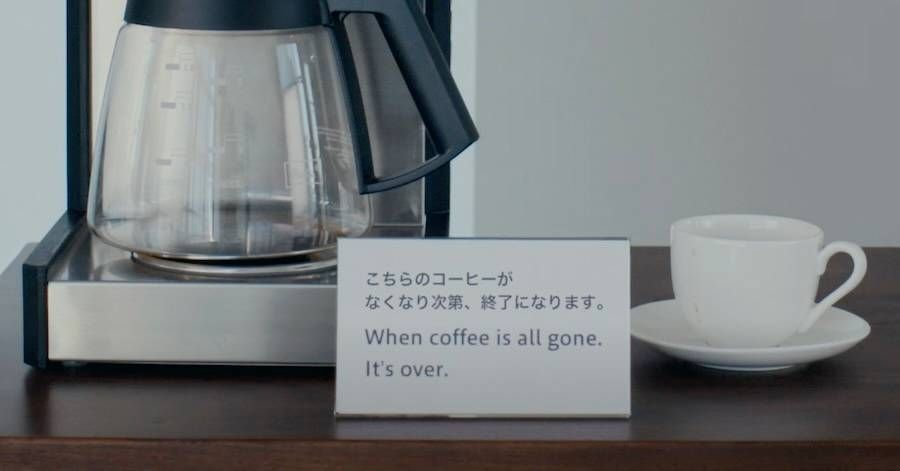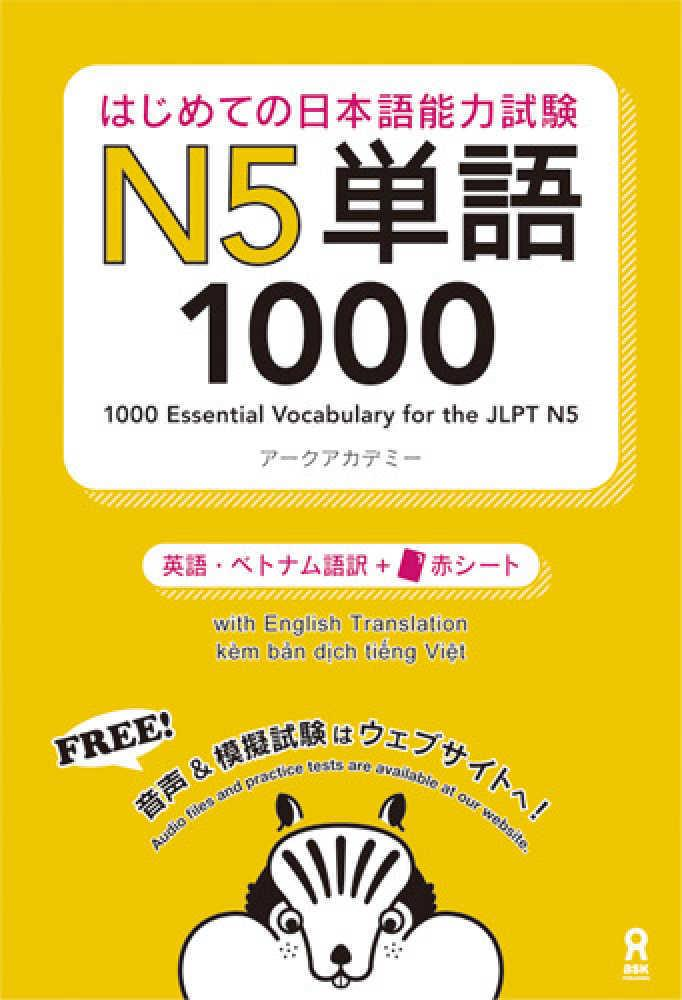Hello everyone, and welcome to our (kind of) daily JLPT thread! I'm sorry I couldn't post one of these for the past week. I was busy with work and couldn't get the time to prepare an entire review of a new structure. I'm back and hopefully will be posting these more regularly again. With that said, let's get started!
本日の文法:JLPTN3の「~(という)わけではない」
~わけではない Is a pretty common expression that you're going to find in a lot of media such as anime, manga, manzai and dramas. It's also used in everyday conversation, though, so you will get a lot of mileage out of this one.
For the most part, its meaning is close to "it's not like..." or "...doesn't mean that...", so basically, it's an expression for a partial negation of a statement. You'd use it when you don't want to fully deny something, but still want to point out that something isn't quite correct.
So a few example sentences would be
お金があるから、必ず幸せにるというわけではない。"Having money doesn't necessarily mean you will be happy."
成績が良かったから、他の生徒に教えるのが得意なわけではない。"Having good grades doesn't mean you will be good at teaching other students"
So right now there are a few additional things you may be wondering:
First of all, what is という in this instance, and why is it optional? Is it really always optional or does it have a more nuanced use most of the time?
Generally speaking, where you can use a simple わけではない, you can also use a というわけではない. They're grammatically equivalent in that sense. However, they do have a very slightly different meaning, where という gives the impression that you're taking a less opinionated and more objective approach to the conversation. You would use というわけではない when you perhaps want to make a general statement. Looking at our first example sentence, you will notice that we're talking about a general perspective "money doesn't mean happiness in general", and as such, it doesn't feel like you're talking about anyone in particular, and you're just making a statement. But for our second sentence, you may notice the situation is most likely referring to a successful student that has decided to teach the rest of his class, and is probably not great at it. In this case, leaving out という makes the comment slightly harsher, almost like a criticism to a specific person in question.
So do keep those differences in mind.
Also, it's important to point out that わけではない is a rather stiff way to use this expression, and you may want to use わけではありません in formal contexts, or わけじゃない in more casual contexts. わけではない sounds a bit academic, kind of like the one speaking is a figure of authority. The type of speech you would find in textbooks, newspapers, academic research and similar scenarios.
Some examples for different settings would be
この道まっすぐ行ったら、すぐに図書館に到着するというわけではありません。その前、公園も渡らなければなりません。"You will not reach the library immediately if you walk straight down this road. You have to cross the park first as well."
いや、別に俺の妹が天才なわけじゃないけど、結構頭がいいし、頑張れる人間だから。"Nah, it's not like my sister is a genius or anything, but she's pretty smart, and she works hard."
The first example could be someone giving directions to another person, presumably a complete stranger. In this scenario, using full-on 敬語 would probably be overkill, but using a more informal form would come off as rude. This is why a polite form like this one might work.
The second example is far more informal, but you will also encounter a lot of this in every day life. I've personally found myself speaking to many of my co-workers like this in the office. Definitely not to my boss or other superiors, though, so watch out for that.
I think that will be all for today! Hope everyone is having a nice day, getting ready for JLPT in only 12 days!





